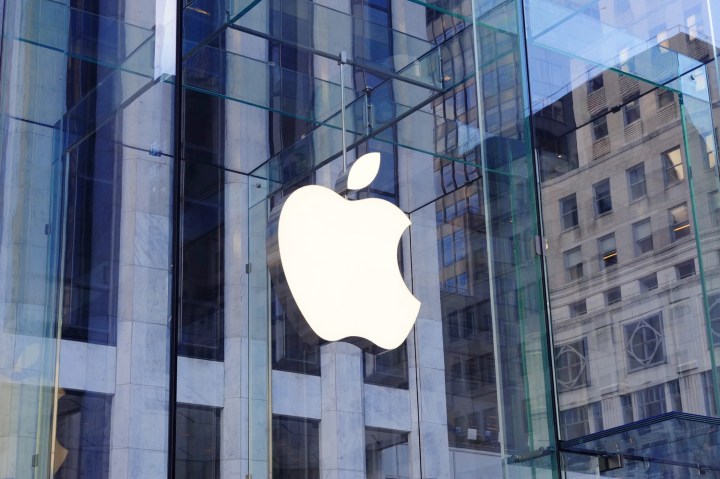
Apple unveiled the first iPhone in 2007, but just a year later, a child sex abuse scandal in Watertown, N.Y. found it cooperating with the FBI and the Department of Justice in unlocking an iPhone related to the case, according to The Wall Street Journal.
Law enforcement believed Christopher Jansen stored child pornography, but after getting a warrant and searching his home, Jansen’s wife, Amanda, told an investigator that she and her husband drugged and raped Christopher Jansen’s five-year-old daughter and eight-year-old stepson. Amanda Jansen was reportedly abusing her one-year-old daughter with her husband as well.
As child protective services arrived on the date of the Jansen’s arrest to take the children away, Amanda Jansen handed over a diaper bag that also contained an iPhone. Federal authorities reached out to Apple. The Cupertino company asked for a court order — but even “supplied the Justice Department with language to use in the agency’s legal request for the order,” the Wall Street Journal reports.
After an order was signed via the All Writs Act, Apple’s engineers unlocked the iPhone in the presence of an investigator — and a great deal of evidence was found confirming the Jansens’ abuse of the children, including conversations about abusive acts they wanted to commit.
The Jansen’s pleaded guilty in 2009 and were sentenced to life in prison without parole. The case is believed to be the first time a judge ordered the company to unlock and provide access to an iPhone.
After the Jansen case, Apple went on to help the government unlock more than 70 phones, before beginning to reject court orders in the past few months.
Editors' Recommendations
- iPhone 16: news, rumored price, release date, and more
- iPhone SE 4: news, rumored price, release date, and more
- Here’s how Apple could change your iPhone forever
- Why you should buy the iPhone 15 Pro Max instead of the iPhone 15 Pro
- This one thing could make iOS 18 the best iPhone update in years


